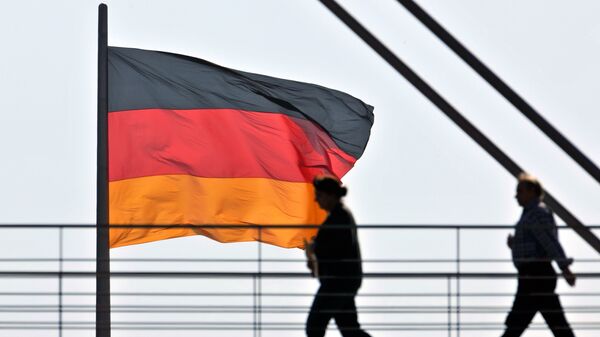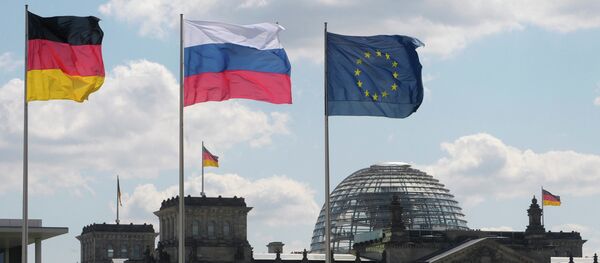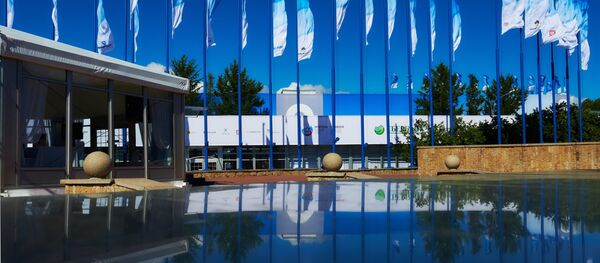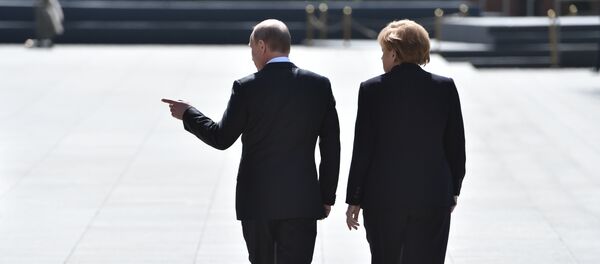Some of the first to speak on the topic were Foreign Minister Frank-Walter Steinmeier and the chairman of the SPD, Minister of Economic Affairs Siegmar Gabriel.
Both politicians noted that “sanctions are not an end in themselves” and that the global issues could not be solved without Russia.
However both linked the easing of the sanctions to the implementation of the Minsk-2 accords.
Der Spiegel magazine also recently wrote that Germany “has begun working on the gradual easing of sanctions.”
“Isolation is not at all helpful,” it quoted Siegmar Gabriel as saying, adding that “isolation is not a tenable policy and that only continued dialogue is helpful.”
The magazine also added that, “behind the scenes, Chancellor Merkel’s government has long since developed concrete plans for a step-by-step easing of the sanctions against Russia and that the process could begin as early as this year.”
The mood of average Germans is also changing towards lifting the sanctions.
Earlier in May, a poll conducted by the Internationale Politik (IP) magazine revealed that slightly over 70 percent of Germans oppose keeping the entire bulk of EU sanctions on Russia in place.
The poll showed that 35 percent of those questioned said the sanctions should be entirely scrapped, while 36 percent called for limited sanctions against Russia. Only 18 percent said the EU should keep the sanctions pressure on Russia.
Der Spiegel also notes that discussion between Russian and German politicians is “taking place at all levels.”
“Contacts that were considered unthinkable until recently are now being rebuilt.”
Naryshkin is chairman of the State Duma, Russia's parliament, and is on the EU sanctions list.
There has also been a series of meetings with Russian parliamentarians in Germany in recent weeks.
However the actual results will only be evident shortly, when the 29 countries of the EU will once again vote on the extension of the measures.




